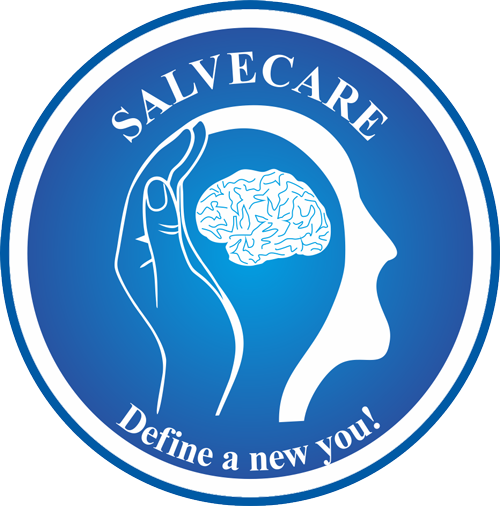Active Listening
Active Listening
It happens when you listen and let the other person know you are listening. Easy! Right!
It can be tricky – you need to resist your urge to advise, correct, or hurry to give other perspective to the situation. #activelistening is one of the steps adapted for hostage #negotiation, and Former FBI lead international hostage negotiator Chris Voss says you want to ask them open-ended questions – ones that start with “what” or “how” are best because it’s very hard to answer them with just yes or no.
Your sensory organs could play trick with you – one can hear and understand 800 a minute, but people only speak about 110 a minute. How much you can really listen through the digital devices could be much less, so your #mind can wander, so #focus.
The 1973 New York City hostage incident was a 47-hour incident at John and Al’s Sporting Goods after a botched robbery and murder, and the only weapon negotiation employed to release the hostages was #psychology, and the motto of the negotiation team was “Talk to me.” Series of events during the release of the hostage proved that active listening can get you #winwin situation.
In our personal #relationships, when things do not go in a direction we want, first response could be fight – may not be physical attack, but attack with words. When you say, “I am trying to explain…”, you are not really trying to educate a person, instead you are trying to win the argument. During arguments, both of your brains perceive it as war, not a rational discussion, where both of you trying to win.
Remember! hostage negotiators are dealing with the most intense situations, but the attitude they take from beginning to end during a crisis is #acceptance, #caring and #patience. When this attitude works well for the life and death situation, #activelistening can be an effective tool for building a thriving relationship.
